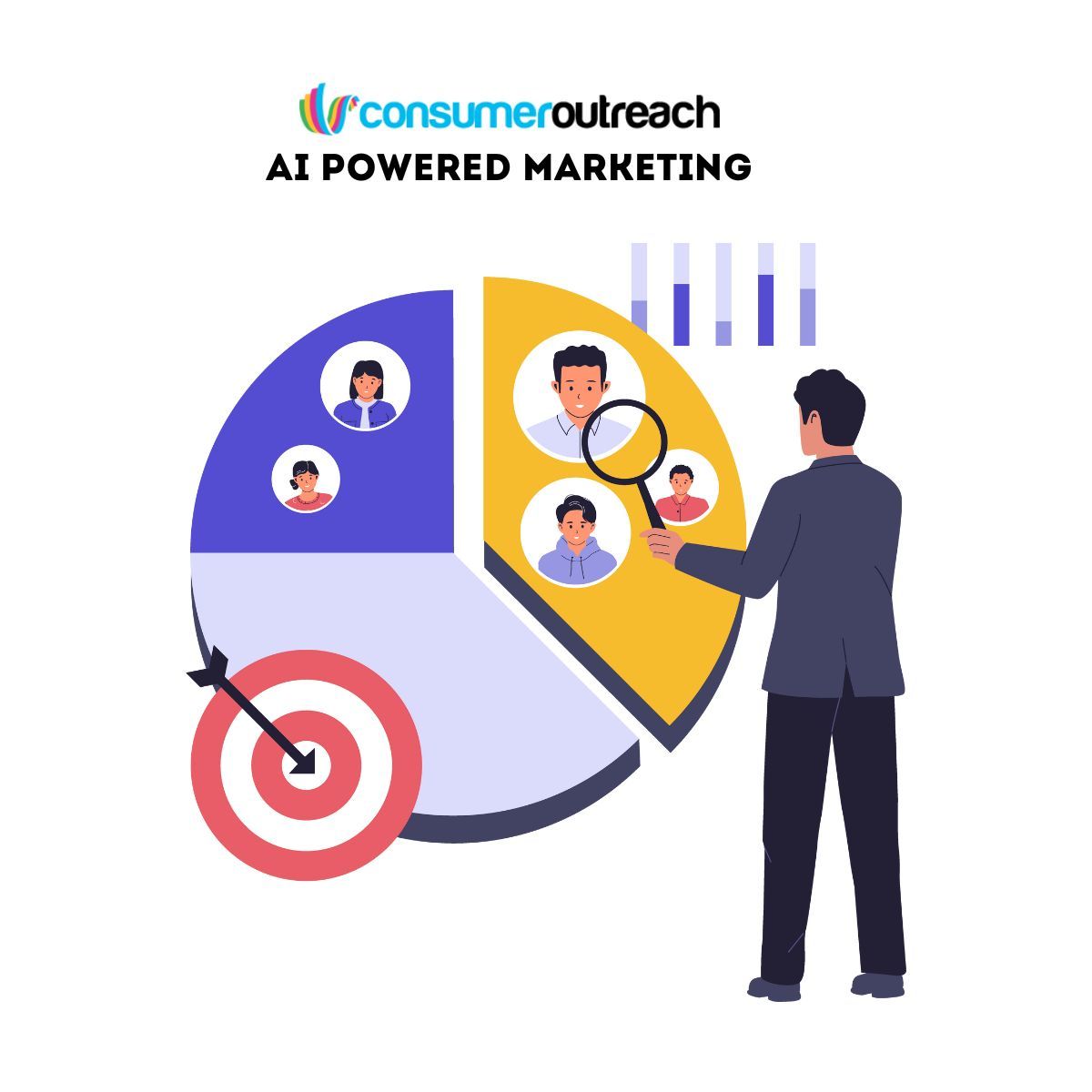The Marketing Paradox: Companies Still Don't Want to Commit
Small and medium-sized businesses (SMEs) have one of the most effective tools: marketing. But many business owners are still not sure how useful it is. There is a lot of proof that good marketing leads to greater sales, more customers, and long-term business success, but people still don't want to do it. Knowing why people are skeptical of marketing and how important it is illustrates that what people think and what is true are frequently very different.
How important marketing is for a business to do well
Marketing helps a business reach its potential customers by making its goods and services into solutions that particular groups of people want. Small and medium-sized enterprises (SMEs) can stand out in crowded markets, get more people to know about their brand, and distinguish themselves apart from bigger organizations in ways that are hard to imitate just by being bigger.
The data tells a powerful story. Companies who market themselves all the time tend to see their sales climb 2.5 times quicker than those that just do it once in a while. It costs less to gain new customers as marketing gets better. At the same time, when people become more devoted to a brand, the value of that customer over their lifetime increases up. You can also use marketing to find out what people want, what's popular in the market, and how your business compares to others. You can use this information to assist you make wider business decisions than just what to do with your ads.
Marketing is perhaps the most important thing for small businesses since it makes things fair. A strong digital marketing campaign may reach the same individuals as huge firms from other nations, and it can often do it in a more personal and real way. Local businesses can take over their own markets by adopting specialized methods. Specialty specialists can find and serve clients all around the world by focusing on certain groups of people.
Why People Don't Trust Marketing
A lot of small business owners are still quite cautious to spend money on marketing, even if it has many benefits. There are a number of reasons why people feel unsure, and they all connect to each other, which makes it hard to invest enough and receive good outcomes.
Bad experiences in the past are the main worry. A lot of business owners remember wasting a lot of money on ads that didn't work because they didn't have a strong plan, a mechanism to track performance, or appropriate targets. These things make people think that marketing is a waste of money instead of a good investment.
Business owners have a hard time keeping up with how complicated marketing is become. There are a lot of digital channels, analytics platforms, and marketing technology out there, which can be too much for business owners that are brilliant at their main business but not at marketing. Because of how complicated it is, individuals often freeze up instead of doing something.
Budget limitations add to the stress. Small and medium-sized businesses (SMEs) normally don't have a lot of money, thus every cost is crucial. When business owners aren't convinced that their marketing will work, they often choose to invest money on staff, equipment, or products instead of doing promotions.
These fears are a lot worse because of measurement problems. With most business expenditures, you can see the benefits right away. But with marketing, you may have to wait a while to see the effects. It takes time for brand awareness, customer acquisition, and market positioning to grow, which makes it hard to connect some marketing initiatives to sales.
The Factor of Trust and Control
Many small company owners grow their businesses by making personal connections, getting referrals from friends and family, and selling directly to customers. This hands-on approach helps individuals feel safe and in command, which is something that traditional marketing seems to threaten. If you run your own business and are used to doing everything yourself, it could be challenging to trust other specialists when you hire an agency or consultant to do marketing for you.
Business owners that are more hands-on may also find the language and attitude of marketing to be weird. Brand positioning, client personas, and conversion funnels are some notions that could seem more like theories than useful business tools. This difference between marketing language and the real world of business makes people even less sure that marketing experts really understand what small and medium-sized firms go through.
Changing Your Mind and Moving On
The best small and medium-sized businesses have learned to think of marketing as an investment in sustainable growth instead of a cost. They know that personal connections and recommendations are still crucial, but they need to identify new clients and markets outside of their present networks if they want to develop in the long term.
To accomplish this transformation, you need to think about marketing in the same way you think about other company projects. You may bridge the gap between marketing efforts and business results by setting clear goals, finding means to measure success, and keeping schedules realistic. You can build your confidence and knowledge by starting with little, measurable projects before moving on to bigger ones.
Getting over doubt is really crucial. Business owners that put in the time to master the foundations of marketing make better decisions about their budgets, providers, and plans. This knowledge makes it less required to hire outside experts and makes it easier to evaluate marketing offers and results.
The Way Forward
Companies who regard marketing as a core part of their business, not just an extra, are the ones that do well in today's competitive world. You don't need a lot of money or elaborate campaigns for this, but you do need to always work hard and plan ahead.
If you're a small business owner who isn't sure how to promote, the answer isn't to avoid it; it's to do it in a more organized way. Take small steps at first, keep track of everything, keep learning, and progress slowly. Companies who understand how to accomplish this usually discover that marketing is their best tool for long-term success, as results grow over time and turn skeptics into advocates.
Small and medium-sized businesses don't have to choose whether or not to use marketing; they only need to figure out how quickly they can learn how to do it successfully. This move from doubt to strategic implementation typically determines which businesses survive and which ones do well in a market that is growing more competitive and digital.











